Eritrea
Eritrea's
population comprises nine ethnic groups, most of which speak Semitic or
Cushitic languages. The Tigrinya and Tigre make up four-fifths of the
population and speak different, but related and somewhat mutually intelligible,
Semitic languages. In general, most of the Christians live in the highlands,
while Muslims and adherents of traditional beliefs live in lowland regions.
Tigrinya and Arabic are the most frequently used languages for commercial and
official transactions. In urban areas, English is widely spoken and is the
language used for secondary and university education.
Retrieved from http://www.infoplease.com/country/profiles/eritrea.html
In order to be
culturally responsive I will do more research on the country. I
will read
the child’s registration documents to find out about the work of the family.
This may lead me to know about their economic position. I will ask
the registrar about the parents’ level of English in order to plan for our
first meeting.
During our first
meeting, I will share that I am thrilled to have a student from Eritrea in my class.
(Letting them know I would love to know more about their home country). I will ask
questions at our meeting in order to find out about their culture in order to
plan appropriately.
*By doing this, I will
learn about the family. Knowing more about the family will allow me to be
respectful of the child’s culture and act in a way that supports the values of
the family. Honoring the child’s culture will make his/her transition into
American education system less cumbersome. Children are interested in new
places and people and being able to share a small bit about the child could
make it easier to develop new friendships.
| Eritrea's nine nationalities | |
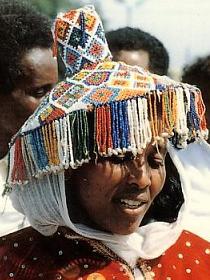 |
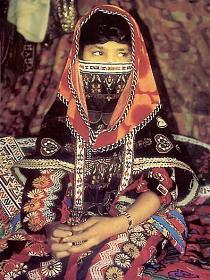 |
| Tigrinya woman | Rashaida woman |
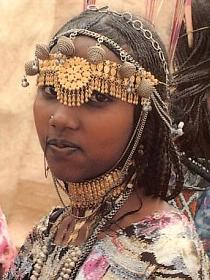 |
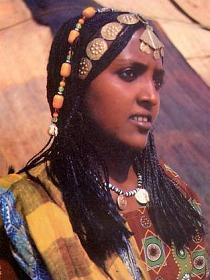 |
| Afar woman | Tigre woman |
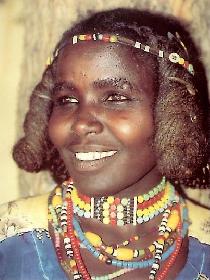 |
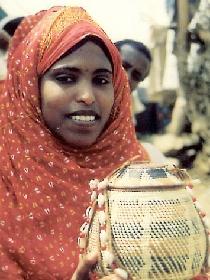 |
| Kunama woman | Saho woman |
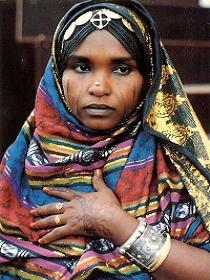 |
 |
| Nara woman | Hedareb woman |
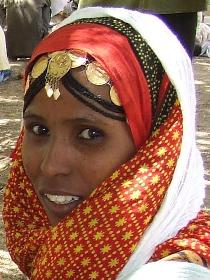 |
 |
| Bilen woman | One heart |

Great ideas Julianne! I think the more information we can show the family we did about their country and culture, the more comfortable they will be to open up and share information with us. They also will see that we care, and we too want to see their children succeed. We also show the family that we aren't going to force them to make changes in their culture and help them caring out the traditions they may have brought with them. Great post!
ReplyDeleteSitting down and speaking with the family is one of the most respectful things to do. The family will feel supported and also understand that you are open and willing to assist in providing their needs. Parents will begin to advocate for your business when they know and understand that you have their child's best interest at hand.
ReplyDeleteHi Julianne,
ReplyDeleteYou have great points in welcoming families from around the world. Recognizing the importance of respect and finding more about their culture, is a good way to make them feel at ease. I like your idea of learning the level of language before your meeting, which is a very important aspect of the family. Great post!
Nydia
I love your posts! This is great! That's a great idea to look at their registration papers as a resource to getting to understand them more! Good thought!
ReplyDeleteJulianne
ReplyDeleteI like how you will gather information about the information before meeting the family. This will help get the background needed to communicate effectively with your first meeting.